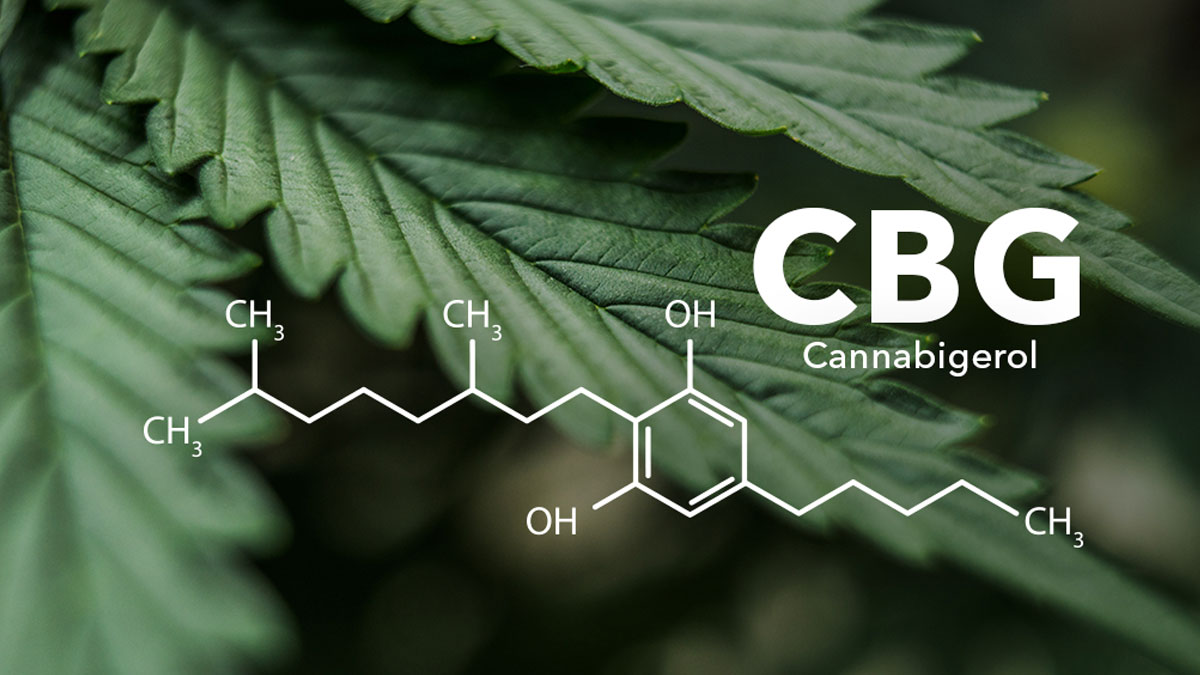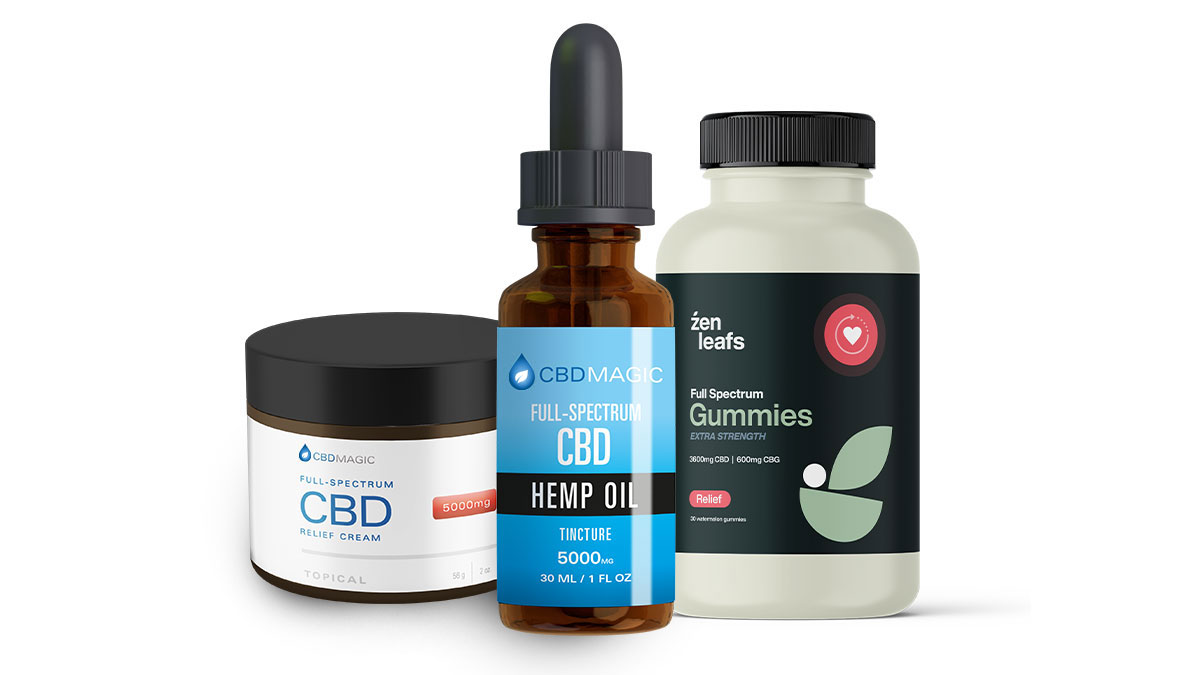If you have gut pain, you know how disabling it can be. Have you heard of the benefits of CBG for IBS, colitis, or Crohn’s? CBG has exciting benefits and why it might be better than CBD for a disturbed gut. In this article, we’ll take a look at what certain research says about CBG and its effects on the human body.
Research for Cannabinoids
In 2011, a study discovered that CBD prevents inflammation from recurring in colitis patients. In 2018 a study concluded with solid evidence for CBD’s anti-inflammatory effects in the gut.
In 2016, researchers found that CBD is natural for regulating gut health and supplementing with CBD can improve sleep and reduce pain in IBS sufferers. Still, another 2016 study found that CBD brought significant improvement for those with Crohn’s Disease.
In addition to relieving pain and inflammation, CBD is also a powerful tool for managing the side effects of prescription drugs for those with IBS and IBDs. If you have trouble with sleeping or anxiety and depression, CBD has been highly effective for managing insomnia and reducing anxiety.
What is CBG?
CBD offers relief for IBS and IBD symptoms and drug side effects, but there is a cannabinoid that has unique health effects. It is called CBG and could be more effective than CBD for relieving gut inflammation and pain. CBG also has other benefits for overall health.
CBG is known as Cannabigerol and is one of more than 100 identified cannabinoid compounds in cannabis. Cannabigerol is the decarboxylated form of cannabigerol acid or the parent molecule that other cannabinoids are synthesized. To put it simply, CBG is a derivative of CBGA or the acidic precursor to CBG in great abundance in hemp and cannabis.
CBGA transforms into CBDA, and a part of it becomes CBG. CBG is a rare or minor cannabinoid, but it has excellent healing properties. CBG is also a natural compound found in hemp. It offers you a sense of calm and balance as well as other distinctive benefits.
CBG fights inflammation, pain, and nausea and slows the proliferation of cancer cells. Research shows CBG also reduces intraocular eye pressure caused by glaucoma. CBG also is beneficial in treating inflammatory bowel disease, Crohn’s disease, and cancers.
CBG acts on CB1 and CB2 receptors but does not have a psychoactive effect like THC. Researchers think CBG may help mitigate the paranoia or anxiety often reported by those who use high THC-containing products.
What are the properties of CBG?
Research proves that CBG has anti-inflammatory effects and antibacterial effects. These effects make CBG more suited than CBD for managing gut inflammation, overall gut discomfort, and gas. In a 2013 study, it was concluded that CBG has a significant effect on reducing intestinal inflammation and helps to reduce bloating by reducing gas production from bacteria in the gut.
CBG may also have benefits in helping with managing skin conditions like acne and eczema. It has anti-inflammatory properties that give CBG neuroprotective properties for Huntington’s, Parkinson’s, and Alzheimer’s diseases.
Because of its specialties that reduce inflammation and stress, CBG may be a compound that can help with aging problems. Neurodegenerative diseases are caused by nerve cell death in the brain and spinal cord, and CBG may help stop these cells from dying. However, this is preliminary testing, but CBG is showing great promise for potential therapies for these neurological diseases.
Adding CBG to your daily medications could be a natural and very safe way to reduce inflammation and speeding recovery in your muscles, gut, and many other parts of your body.
Buy CBG over CBD?
CBG is proving to be more specific than CBD for IBS, colitis, and Crohn’s, but you do not need to take one over the other. You need a variety of vitamins and minerals, and it is the same idea with cannabinoids. If you do not take one cannabinoid, you might miss out on that cannabinoid’s health properties.
CBD has anti-nausea properties through the 5-HT1A receptor, and CBG behaves as an antagonist or blocker at the same 5-HT1A receptor.
The Entourage Effect
Using cannabinoids together creates a synergistic effect, and the benefits of one cannabinoid enhance the benefits of another. This is the entourage effect. Precisely defined, the Entourage Effect is a mechanism by which cannabis compounds other than THC act synergistically to help with overall conditions in the body and regulate the plant’s overall psychoactive effects.
Using CBG with CBD may provide the most relief for IBS, colitis, and Crohn’s disease. CBG works best to reduce gut inflammation, but CBD can support inflammation reduction and help provide mental relief for sleeplessness and anxiety.
Cannabinoids work best in concert with each other rather than taken alone. Combining different cannabinoids with each other in a full spectrum CBD or THC oil may be the best health policy you can use. People need to look at the latest research on each cannabinoid to discover what their custom blend would work best.
Note that CBG is not a psychotropic drug but is classified as a psychoactive drug. It will not damage your thinking capabilities like THC or give you the same high. However, you can experience or have a feeling of intense excitement and feelings of well-being and happiness. CBH also provides relaxation to your mind and muscles.
Where can I get my hands on CBG?
CBG can be found in our Full Spectrum CBG Gummies containing a wide variety of cannabinoids which help with numerous health issues. These blends also include THCV that energizes, relieves anxiety, and helps with appetite. Also, our Full Spectrum oils and CBD creams can also help with inflammation, provide help for aging, and give you a better quality of life. Check out our Full Spectrum CBD oils!



